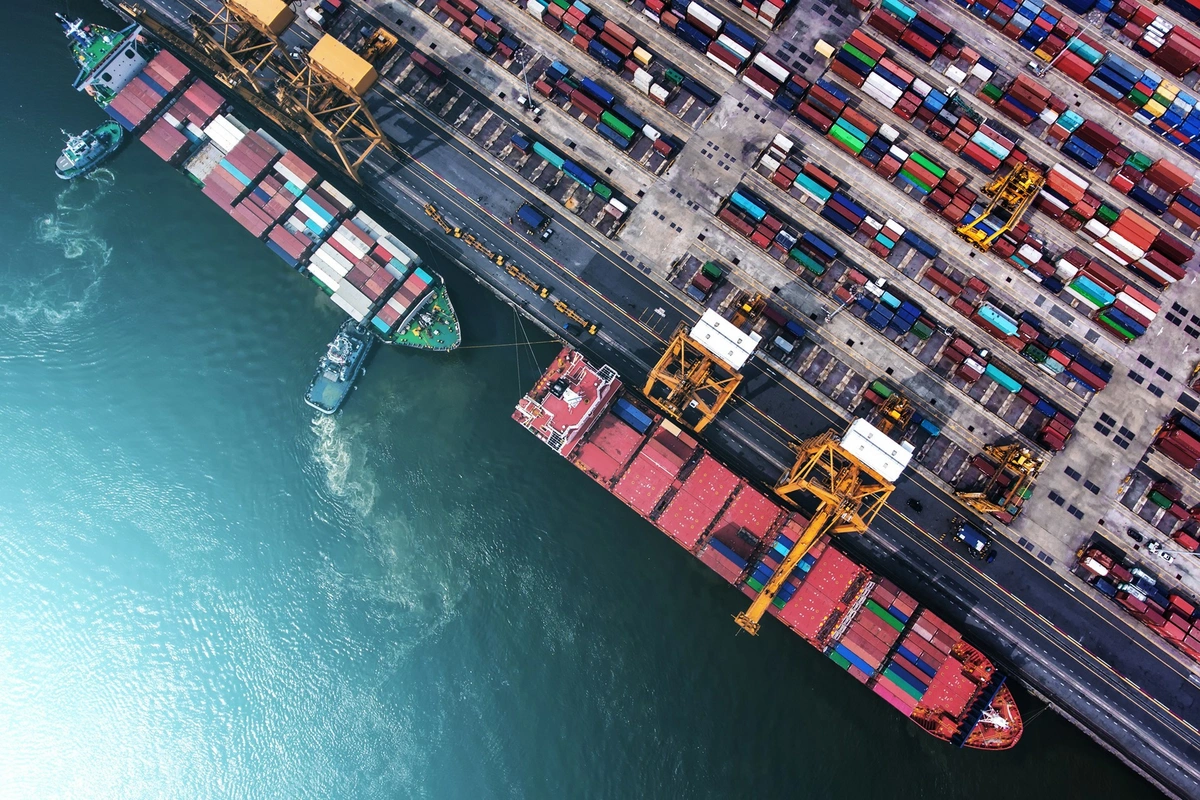Aktau-Baku-Aktau feeder communication synonymous with reliability
- 05 March, 2020
- 09:26

The Kazakhstan Railways (KTZ) increased the volume of container transportation by 24 percent last year compared to 2018, Chairman of the Board of NC Aktau International Sea Trade Port JSC Abai Turikpengbaev said, Report informs referring to Kazakh media.
“Transit cargoes, including coal, oil, grain, and machinery, are faster and more profitable to transport along the Caspian Sea than by land,” the chairman noted. “This undoubtedly attracts customers. The volume of transportation here is 3,900 containers. The national carrier plans to bring this volume to 15,000 containers per year. The issue of unimpeded operation of the transport and logistics hub in the Caspian region is under the control of the mayor of the Mangystau region Serikbai Trumov. At the same time, in Kazakh multimodal transportation, the regular feeder line from the port of Aktau to Baku and vice versa, launched in April last year, has become synonymous with reliability and stability. Today the ships are 100 percent full.”
Turikpengbaev said that cargo reaches the Caspian Sea in just 72 hours by rail from China, adding that within a day, the cargo is loaded on a feeder vessel and sent to Europe.
“Some 8,272 TEU (twenty-foot equivalent) containers have been handled since the launch of the first feeder vessel on the Aktau-Baku-Aktau route,” the chairman added. “In general, the volume of container traffic through the ports of the Trans-Caspian International Transport Route increased by 79 percent in 2019.”
KTZ Express JSC provides multimodal services to the CIS countries, Turkey, Azerbaijan and Georgian ports. The cargo goes about 16 days from China to Turkey. Previously, this process took much longer.
“After the feeder service was launched, the entire wagon fleet remains in Kazakhstan,” said Abylaikhan Esirkep, director of the Sales Department of Multimodal Transportation and the Trans-Caspian International Transport Route of KTZ Express JSC.
The Trans-Caspian International Transport Route requires several transshipments of cargo through seaports, he noted.
“It is possible to see the results of the coordinated work of this route’s participants,” he added. “Over the past year, the number of container shipments through ports in the Caspian Sea has increased by 70 percent. Being the coordinator of the International Trans-Caspian Transport Consortium, KTZ Express is continuously working to attract transit shipments.”
He emphasized that the Aktau Sea North Terminal is actively operating on the eastern coast of the Caspian Sea. The capacity of the facility is 3 million tons of grain and general cargo per year, going to the countries of South Caucasus, the Persian Gulf, and Russia, he said.
“Last year, nearly 800,000 tons of grain were transshipped here,” Esirkep added. “For this year, the task is to transship up to 1 million tons. The northern terminal is part of the Trans-Caspian International Transport Route, TRACECA and the International North-South Transport Corridor. Cargo is transported from this point mainly to the ports of Iran, Russia, Azerbaijan. The infrastructure capacity of the terminal for transshipment of containers is more than 70,000 TEU containers per year, with the possibility of simultaneous storage of up to 6,000 containers," Esirkep said.
